Regarding hotel marketing, your website is the most important distribution channel you’ll ever have. Your hotel website isn’t just where potential guests can browse information about your business. It’s also where customers can make direct bookings and ensure you don’t have to fork out commissions usually associated with third-party agencies. It might seem taxing at first glance, but just a few changes can yield massive results.
What Is a Hotel Website & Why is it Important for Hotels?
A hotel website is a dedicated website for your hotel business, where you can showcase the key features of your property, advertise services and facilities, display photos and video content, and enable travelers to book a room.
It is difficult to overstate the value of having a high-quality website for your hotel. Your website allows you to communicate with your target audience, share news, highlight key features and explain why travelers should stay with you. It also helps you to generate direct sales. In fact, one of the most important hotel website tips involves using your own site to maximize direct bookings, as these will not be subject to commission or listing fees.
Table: Benefits of Having a Hotel Website
| Aspect | Functionality | Benefits | Strategic Impact |
|---|---|---|---|
| Direct Bookings | Allows guests to book rooms directly through the hotel’s website. | Reduces dependency on third-party booking sites and lowers commission costs. | Increases profitability and control over the booking process. |
| Brand Presentation | Showcases the hotel’s brand, amenities, services, and unique selling propositions. | Enhances brand identity and aligns guest expectations with actual offerings. | Strengthens brand loyalty and encourages repeat business. |
| Customer Engagement | Features interactive elements like chatbots, blogs, and feedback forms. | Improves communication with guests and enhances service quality. | Builds long-term relationships and boosts customer satisfaction. |
| Marketing and Promotions | Promotes special offers, packages, and events directly to visitors. | Attracts more guests with targeted promotions and timely updates. | Drives revenue growth through strategic marketing initiatives. |
| SEO and Online Visibility | Optimized content and structure for search engines. | Increases organic traffic, making the hotel more visible to potential guests. | Enhances online presence and captures a larger share of internet bookings. |
| Information Accessibility | Provides essential information such as location, contact details, and FAQs. | Ensures that guests have easy access to relevant information. | Reduces barriers to booking and improves overall user experience. |
| Analytics and Insights | Integrates with analytics tools to track visitor behavior and booking patterns. | Offers valuable data on guest preferences and website performance. | Enables data-driven decisions to optimize marketing strategies and operations. |
| Competitive Advantage | Differentiates the hotel from competitors by highlighting unique aspects. | Positions the hotel as a preferred choice for specific guest needs. | Secures a competitive edge in a crowded marketplace. |
10 Tips To Gain More Bookings With Your Hotel Website
Getting more direct bookings with a hotel’s website should be a priority for every hotelier. Below are the ten tips and strategies to help achieve this.
1. Don’t Neglect the SEO Basics
When your hotel website is buried on the second page or worse of search engines like Google or Bing, you can‘t expect many potential customers to visit it. So your hotel website must pop up when customers are looking for a hotel in your area. There are plenty of specific avenues to pursue depending on the exact nature of your hotel, but a few stalwart SEO (Search Engine Optimization) strategies need to be considered. According to the Google Click-Through Rates Report by First Page Sage, the first top organic search result receives 19 times more clicks than the first paid search result.
Ensure your hotel website is packed with rich content, with relevant search terms incorporated naturally to yield maximum clicks when potential customers search through Google. Don’t just pack your site with hotel-specific terms either; make sure you’re also considering regional terms. For more detailed information on improving your hotel website’s search engine ranking, look at “SEO Tips for Hotels to Improve your Ranking in Google”.
Video: Introduction to SEO for Hotels
2. Hit High Notes with Website Design and User Experience
A poorly designed website can turn potential customers away at first glance, rendering your hotel marketing efforts useless. Make sure your website has been designed with user-friendliness in mind. Quick navigation, simple menus, and attractive themes can make all the difference in keeping users’ attention. You’ll also want to ensure your hotel website has been created with your target market. Catering to everyday tourists? Be sure to sell the region and its offerings in addition to the perks of the hotel itself. Catering more to the business traveler? A pared-back site design and useful links and info can help ensure a speedy booking.
3. Make Sure Your Website Is Responsive
Many users nowadays depend on their mobile phones or tablets for surfing. Bear in mind that potential guests will likely be browsing via their mobile devices when looking for potential hotels, so make sure a responsive website is at the heart of your hotel marketing efforts. If you’re outsourcing your website creation to a third party, be sure to request a mock-up of the mobile version of your site to ensure it’s user-friendly and in keeping with what the main desktop version offers. You’ll also want to make sure your booking engine is responsive. Otherwise, you risk customers turning away before they confirm a booking.
4. Go for the Hard Sell with Your Unique Selling Points
This one’s incredibly important if you have a lot of local competition. No matter how modest your hotel accommodation is, always try and load up your website by promoting your USPs. If your facilities are simple, discuss your superior service or proximity to desirable tourist hotspots and travel destinations. Do you offer airport or train station transfers? Make a point to flag these fantastic extra services to appeal to the business traveler or tourist on a budget.
5. Choose a User-Friendly Booking Engine
It’s incredibly frustrating when a hotel website has a sub-par booking engine. Users might love the look of your premises and the facilities you offer, but if it takes a long stretch of time to navigate through a simple booking, they’ll turn away fast. You’ll want to ensure an easy time booking rooms, with all rooms and suites available, rates made clear, and extras easily added. Try and go for a booking engine that requires as few clicks as possible to confirm, ensuring a better user experience and less time spent meandering through useless information. The importance of quality online booking engines is growing – according to the Online Hotel Booking Software Market Report by Straits Research, the global online hotel booking software market size is projected to reach $25.3 billion by 2029.
6. Your Hotel Off with Quality Content
There’s no point in rolling out all the stops with your hotel marketing strategy if your site isn’t packed with rich and relevant content. No matter how big or small your premises are, ensure it’s presented in all its glory with quality photos, video (or even better, 360 video), and highly descriptive content. It’s not just rooms that need a first-rate write-up, either. Don’t forget about the facilities you’re offering in addition to your basic accommodation either. Catering to corporate entities? Make a point of mentioning your connectivity and business center. Looking to showcase your hotel as an ideal destination for tourists? Include things to do section and what’s on the area on your website to provide recreational travelers with some inspiration.
7. Built Trust and Reputation by Showcasing Reviews
It doesn’t matter how first-rate your hotel marketing tactics are. Nobody wants to book with a hotel with a bad reputation. Managing your reputation is crucial in ensuring repeated custom and the acquisition of new customers, and there’s no easier way of doing this than via online reviews. Many hotels depend solely on third-party agencies to host reviews, but these can be difficult to respond to and monitor. Incorporating a review section into your main site gives potential guests instant insights into what previous customers have to say about your business. Studying feedback and responding to neutral or negative comments is also easier.
8. Don’t Neglect the Importance of Analytics
Even if your website looks the same, you must keep a keen eye on how customers use it. Ensure you’re constantly monitoring how people navigate your website and that you’re drawing the right conclusions from their behavior. Suppose you’re not getting the number of bookings you want.
In that case, your hotel website may be proving too taxing to click through, or simple site errors might prevent your potential customers from arriving at the final step in the booking process. Once you identify weak links in your overall sitemap, you can make those essential remedies, whether enriching your content to make your hotel website more enticing or fixing errors to ensure a smoother ride from homepage to hotel room booking confirmation.
9. Go a Step Further and Invest Time in a Hotel Website Blog
Creating and maintaining a blog is one of the best hotel website tips for gaining more bookings. Crucially, the blog can constantly add fresh content to your website, which can be important for encouraging website visitors to return again.
However, the blog can also give hotel marketers the ideal opportunity to optimize a search engine optimization strategy and boost rankings on sites like Google and Bing. Moreover, some of the blog content can be designed to promote your hotel and its services and encourage readers to book a hotel room.
10. Consider Having a Multilingual Website
Your hotel website will play a key role in any effort to attract more guests, but one of the more overlooked hotel website tips to gain more bookings involves making your website multilingual. Ideally, you should identify the main areas where you want to focus your marketing efforts and then note the language(s) spoken there.
Once you have a list of the main languages to focus on, you must take the time to translate your website properly using a professional translation service. This will allow customers in different parts of the world to engage fully with your website and will also allow you to place high on search engine results pages globally.
Tour Agencies That Help Hotels to Grow Their Revenue
Partnering with a tour agency can have a range of benefits for your hotel – but there are some pitfalls to avoid as well.
In “Tour Agencies That Help Hotels Grow Their Revenue,” you’ll discover many reasons to partner with a tour operator. You’ll learn what you need to know when you begin negotiations and what issues you need to consider. You’ll also learn about some of the biggest names in the tourism and travel industry and why they could be your hotel’s most beneficial partner.
Hotel Website Tips FAQs
Once you’ve identified what’s holding your hotel website back, it’s incredibly simple to sharpen it up and ensure that your hotel marketing efforts result in plenty of bookings. Whether you’re going live with your inaugural website or adjusting an existing one, a little work goes a long way.
Did You Like This Article About a Hotel Website?
You might also be interested in the following articles:
- List of Online Travel Agents (OTAs) to Increase Your Hotel Bookings
- List of Corporate Travel Agents for Hotels to Gain More Business Travellers
- Hotel Distribution Channel Manager: What Are the Advantages?
- Global Distribution System (GDS): What Are the Benefits for Hotels?
- The Most Important Online Distribution Channels for Hotels
- Tips To Increase Your Hotel Bookings Through OTAs
More Tips to Grow Your Business
Revfine.com is the leading knowledge platform for the hospitality and travel industry. Professionals use our insights, strategies, and actionable tips to get inspired, optimize revenue, innovate processes, and improve customer experience.Explore expert advice on management, marketing, revenue management, operations, software, and technology in our dedicated Hotel, Hospitality, and Travel & Tourism categories.
This article is written by:
Hi, I am Martijn Barten, founder of Revfine.com. With 20 years of experience in the hospitality industry, I specialize in optimizing revenue by combining revenue management with marketing strategies. I have successfully developed, implemented, and managed revenue management and marketing strategies for individual properties and multi-property portfolios.

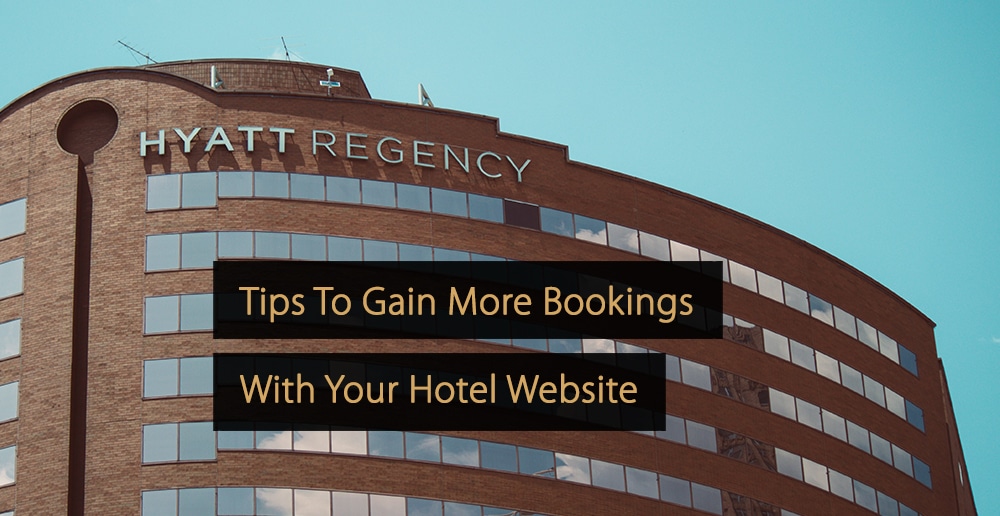

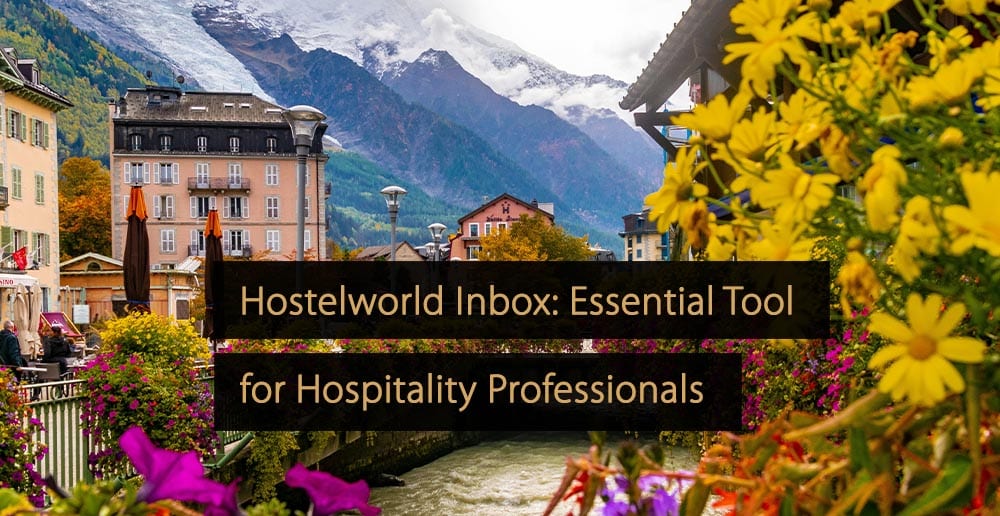
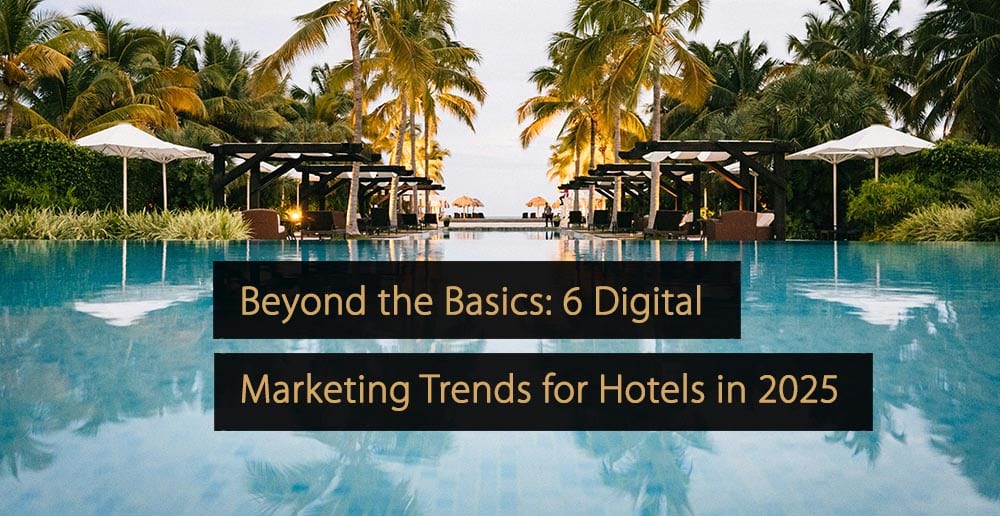


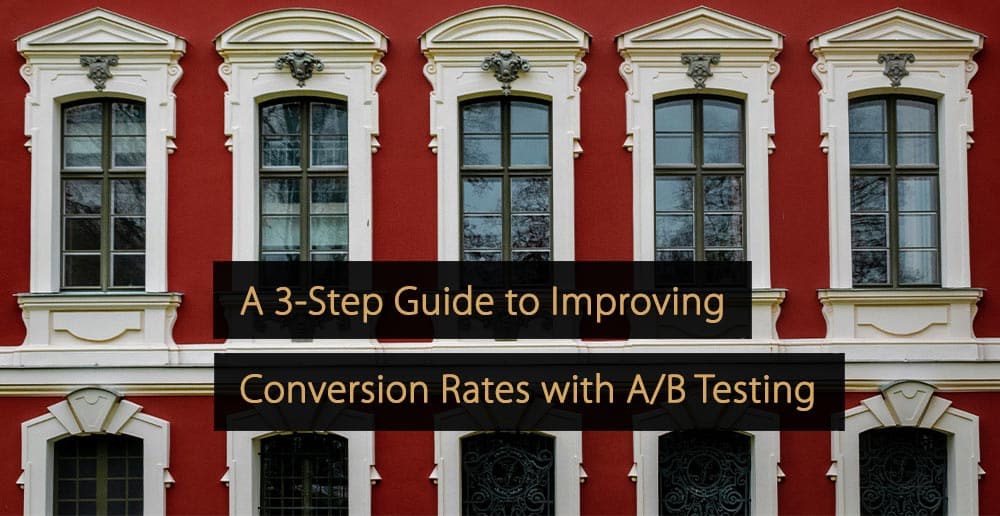
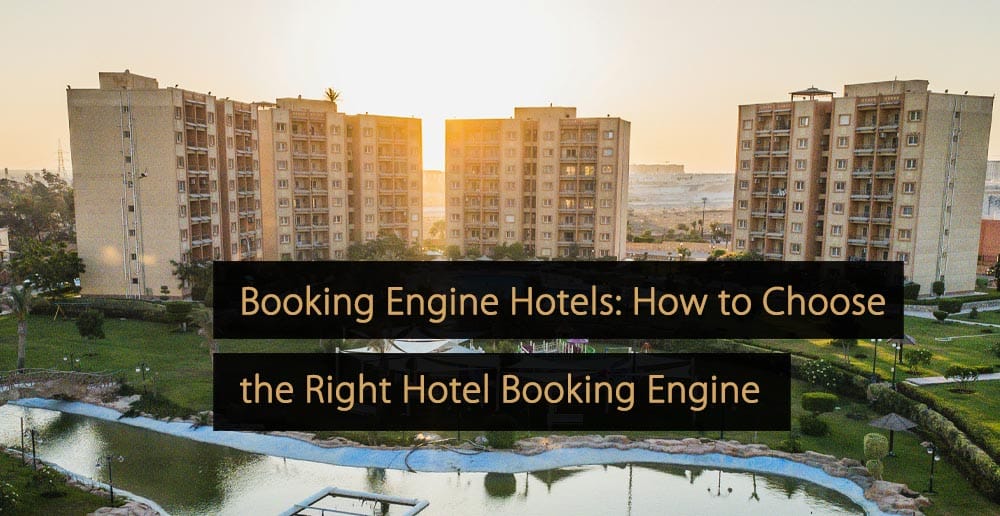
All great tips. Thanks for all of the advice!